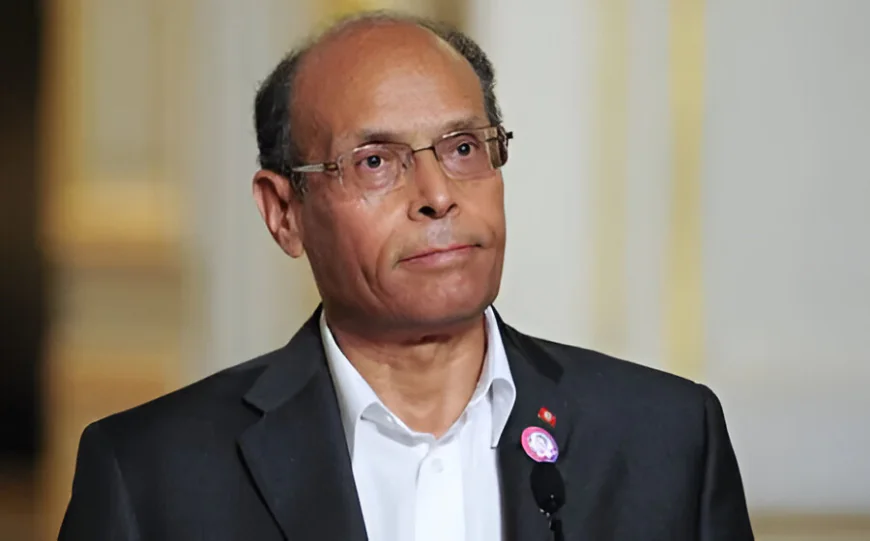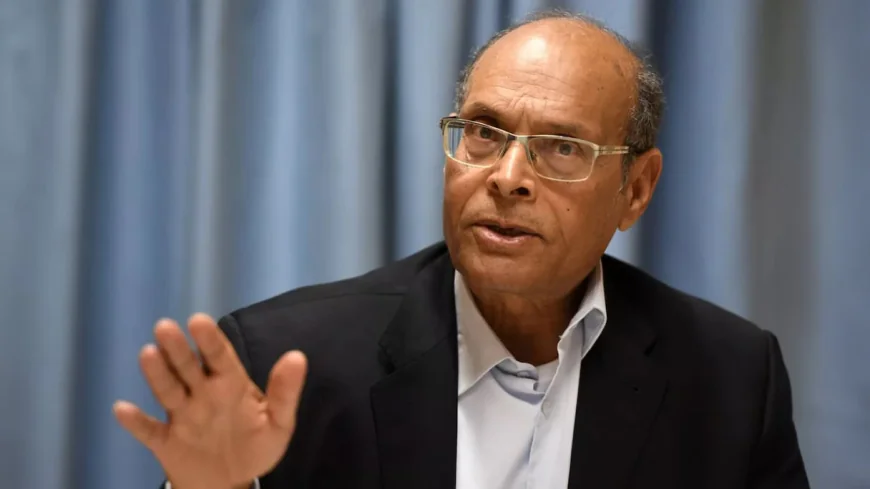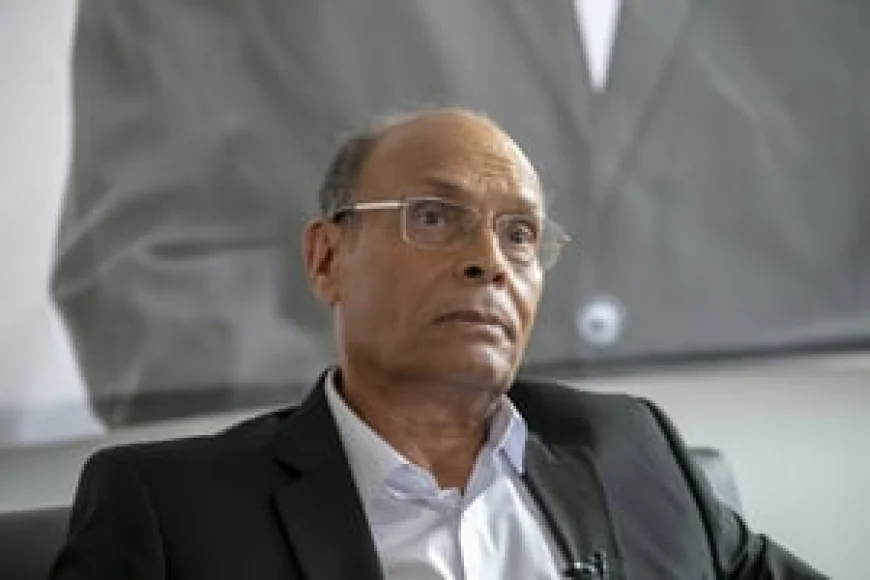Former Tunisian President Marzouki Sentenced to 22 Years in Absentia
Former Tunisian President Moncef Marzouki has been sentenced to 22 years in prison in absentia for undermining state security. Critics say the move signals growing authoritarianism under President Kais Saied.

TUNIS, Tunisia — A Tunisian court has sentenced former President Moncef Marzouki to 22 years in prison in absentia, marking the most severe judgment yet in a series of legal actions targeting the exiled leader.
The sentence, handed down on June 20, 2025, comes amid growing concerns over Tunisia’s democratic backsliding and political repression under President Kais Saied.
Marzouki, who served as Tunisia’s head of state from 2011 to 2014 following the country’s Arab Spring revolution, was convicted of undermining the external security of the state. The former president is currently living in exile in France.
This latest conviction adds to two earlier rulings against him — a four-year sentence in 2021 and an eight-year sentence in 2024 — both related to national security charges.
“Politically Motivated,” Marzouki Says

From exile, Marzouki has repeatedly denounced the charges as politically motivated. In a statement posted on social media, he called the sentences “illegitimate” and accused President Saied of weaponizing the judiciary to suppress dissent and consolidate authoritarian rule.
“These are not legal rulings but political messages aimed at intimidating all voices calling for a return to democracy,” he wrote.
Marzouki remains an outspoken critic of the Saied administration, urging Tunisians and the international community to resist what he describes as a systematic dismantling of constitutional governance.
Part of Broader Crackdown
The conviction is part of a wider crackdown on political opposition, civil society leaders, and media figures in Tunisia. Among those targeted are:
-
Rached Ghannouchi, head of the now-banned Ennahda party
-
Abir Moussi, leader of the Free Constitutional Party
Both have faced detention or legal proceedings widely viewed by international rights groups as politically motivated.
International Alarm Over Democratic Erosion

Since suspending parliament in 2021 and rewriting the constitution in 2022, President Saied has been accused of centralizing power and eroding civil liberties in a country once seen as the Arab world’s best hope for democracy.
Numerous human rights organizations, including Amnesty International and Human Rights Watch, have condemned the actions of the Tunisian government, urging a return to independent judicial processes and democratic norms.
“This is a tragic reversal for Tunisia’s democratic gains,” said one regional expert. “The country is quickly becoming a cautionary tale of post-revolution authoritarian relapse.”
Uncertain Path Forward
As Tunisia faces mounting economic hardship, high unemployment, and growing public frustration, the continued repression of opposition voices is raising new questions about the country’s political future.
The sentencing of Marzouki is widely seen as symbolic — unlikely to be enforced internationally — but it underscores the increasingly fraught political climate in post-revolution Tunisia.


